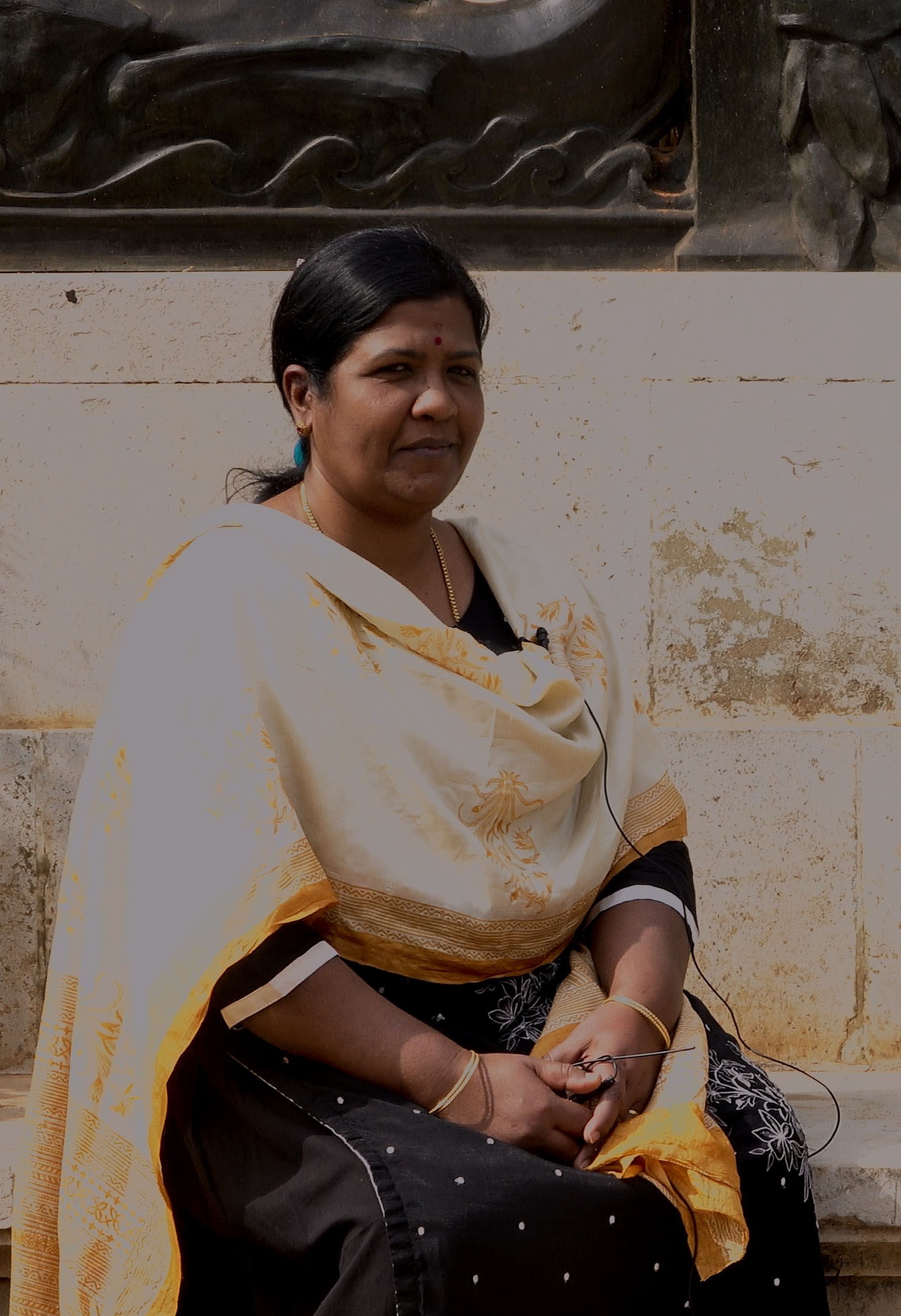Ms Anandi Giridharan is Principal Research Scientist at the Department of Electrical Communication Engineering, Indian Institute of Science (IISc). She has been with IISc for the past 32 years.
She is Chair, IEEE SIGHT (Special Interest Group for Humanitarian Technology), Bangalore section and Branch counsellor, IEEE-IISc Student Branch. She is also serving as IEEE HAC, India Council’.
Her expertise is in communication protocols, formal languages, ubiquitous computing, and multimedia information systems.
In this interview, she speaks to Poornima, J. D., Consultant at ARTPARK, IISc. The interview has been edited for clarity and brevity.

Photo credit: Selvam Raja, Project Associate, Centre for Continuing Education, IISc
Anandi: According to me, freedom is the ability to express our ideas, gain knowledge from others, and empower individuals around us. Expressing one’s new ideas that are worth exploring, humanity and real-time challenges, and bringing out sustainable research solutions. I would like to connect freedom with knowledge sharing and gaining, which is essential for personal growth, decision-making, and self-assessment. It also gives us freedom to visualise many things from multiple perspectives. Freedom is not just a privilege to do anything; rather, it is about realising the responsibility of smartly leveraging the experience of people around us.
Poornima: You believe that knowledge and freedom are very closely related. Education is one of the means to gain knowledge. What was your motivation to pursue your education or your life in science?
Anandi: Like each one of us, our first mentors are our parents and their approach towards raising us as individuals. For me, the interest in science was developed by my parents when they taught me basic science at home since childhood. This interest was further nourished by teachers at school, and sooner or later, I realised that I enjoy and feel connected with people who like exploring science. I also had inspiration from Swami Vivekananda, his teachings and his vision towards research and the Institute, and it was my dream. I would like to thank all my teachers and parents for motivating and inspiring me, and also all the people around me who keep me motivated each day with the kind of research work they do in different fields of science.
Poornima: Education is every person’s right, whether it is a girl or a boy. However, gender bias is prevalent in society. Have you ever faced gender bias in your work or education? How have you tackled it?
Anandi: Based on the understanding that is going on around us, everyone might face bias in some way or the other at some point in life. Gender bias does exist, and I too, have faced bias at some point in life. But, there are people who come forward to support us. I always like to suggest to all individuals that we should always seek support from a forum or a mentor to guide us, so that suppose we have a rough phase going on in our lives, and we feel that it is going to impact our thought process – that is the time we can seek the help of these people and the forum, so that even if they are not able to give a solution, they will be able to help us come out of this situation and enable us to think of a solution, and convert that situation as a challenge. That will be very helpful.
Poornima: Nowadays, everyone takes work–life balance as a challenge. How can a woman balance her career and life? What is your opinion on it?
Anandi: One thing that I have learned through experience is that despite all efforts, I feel that we cannot get a perfect balance or the perfect planning that we have structured. But, that does not mean that we should stop planning, or stop trying to create one. I feel we have to create a system – there are a lot of inter-relational human factors in that. We should trust and respect each other, acknowledge each other, and give value to each other. We have to train ourselves in such a way as to make us believe that we are capable. We should understand our capacity and our ability to change the situation, the challenges that we are going through, and handle them in a better way.
I continued with my education even after marriage with two kids. I would like to thank my family, my husband, and my two children for supporting and motivating me. My suggestion—that we need to acknowledge and respect others—is not just for women; rather, it is for all people whom we work and deal with in our personal and professional lives.